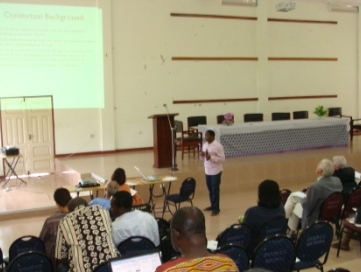CREATE conference in Ghana, 20th – 23rd April, 2009
The summary of CREATE presentations at Forest Hotel Dodowa and the University of Cape Coast.
- Group sessions summary
- Summary of key issues
- Forest Hotel Dodowa (photos)
- University of Cape Coast (photos)
- Team visit to study rural community (photos)
Presenters
The Minister of Education, Science and Sports, Mr Alex Tetteh-Enyo delivering the key note address. With him are Prof. Djangmah, Mr Barnaman-Mensah, Prof. Haruna Yakubu
The Minister of Education in his address outlined a number of issues that he believes would guide the deliberations of the conference. He praised CREATE and the Ministry for organizing the conference.
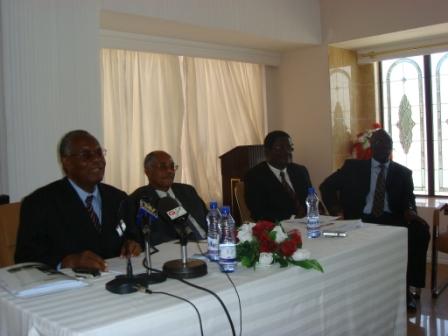
Professor Keith Lewin is the Director of CIE and CREATE Project, University of Sussex
Profs. Jerome Djangmah, Keith Lewin and Angela Little were invited to take part in a one hour national phone programme at breakfast time on April 29th at the studios of Citi FM, the Number 2 Radio station in Ghana. The talk show host was Moro who is well known for his lively interviews and talk back to politicians. CitiFM reaches a wide audience across Ghana.
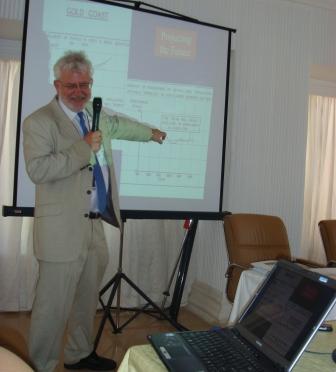
Professor Joseph Ghartey Ampiah: Field Director CREATE Ghana
The paper is based on a survey and tracking of school drop outs, never enrolled and irregular attendees in two districts in Ghana. The study finds that factors which put children at risk of dropping out from school may not necessarily be the ones which made them actually drop out.

Educational Access in Northern and Southern Ghana: Overview of Finding
Dr. Kwame Akyeampong: Deputy Director, CIE, University of Sussex
This paper provides insight to the hidden realities of the capitation policy. It argues that while the policy provides opportunities for improved quality, the amount per child and chain of delivery could impact negatively on quality.
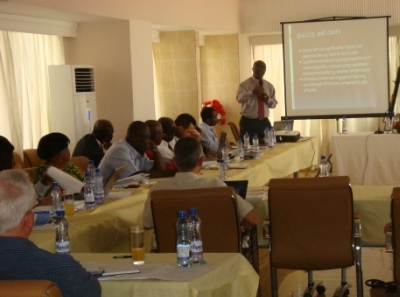
Capitation Grant in Ghana: hidden realities
Luke Akaguri: DPhil Student University of Sussex
The argument that fee ‘free’ schooling would induce demand among the poor was examined in rural schools. The study revealed that though direct cost reduced, food and uniform cost constituted potential barriers to children from poor households.
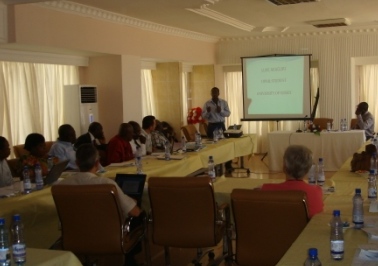
Capitation Costs and Access to schooling in rural Ghana
Paud Murphy: Formally with the World Bank
This paper examines Ghana’s teacher development policies. It observes that while substantial investments have made in teacher development, deployment and utilization have not been effective enough.
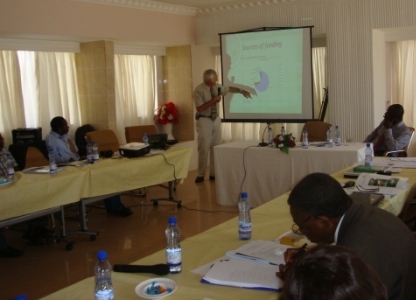
Teachers in Ghana: improving access to school
Dr. Seidu Alhassan: Coordinator, NCRIBE, University of Education, Winneba
This paper assesses teachers’ perceptions of what leads to lack of access to schooling. While teachers did not perceive themselves as contributing to dropout, the children revealed that corporal punishment was key to dropping out of school.
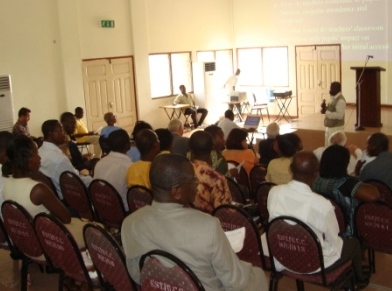
Teacher Perceptions on Access to Schooling in Ghana
Dr. E. Ekumah: NCRIBE, University of Education, Winneba
The paper assesses the role district education offices play in improving access. It finds that critical structures of DEOs and SMCs were dysfunctional and suggest policies that would lead to regular monitoring of schools
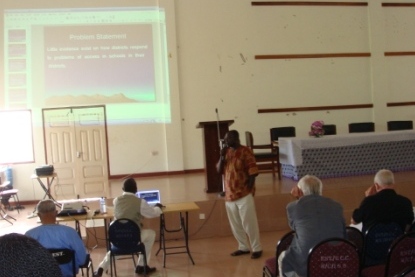
Improving Access to schooling: Perceptions from the District
Peter Darvas: World Bank Representative on Education in Ghana
Focusing on policy perspectives, the paper argues that while no difference exists between Ghana and their development partners, factors driving education in Ghana are not policy-driven. He suggested a number of polices that could raise efficiency and effectiveness in the educational sector.
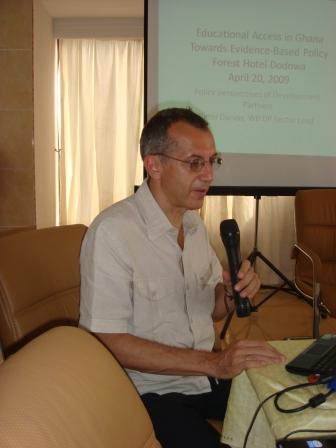
Educational Access in Ghana towards Evidence-Based Policy
Caine Rolleston: DPhil Student, Institute of Education, University of London
This paper tracks progress in access to schooling in Ghana and finds that the absolute increase in enrolment appears to have kept pace with population growth, with the poor more likely to drop out of school. It suggests demand and supply polices to cater for the poor.
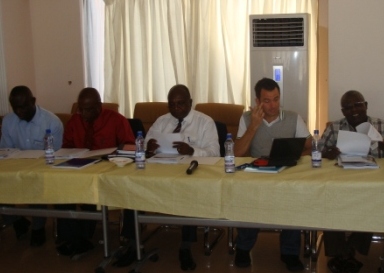
Tracking Progress in Educational Access in Ghana: Insights from the GLSS
Eric Ananga: DPhil Student, University of Sussex
Using CREATE’s analytical work of zones of exclusion, the paper identifies three dimensions of dropping out of school and argues that dealing with dropping out would require specific rather than general targeting.
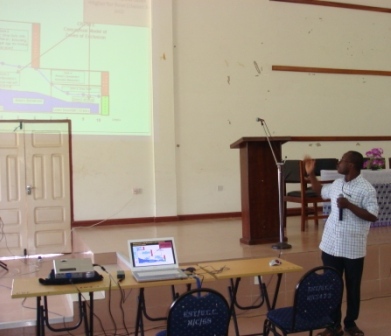
Typologies of School Drop-out in rural Ghana: The Dimensions and Dynamics
Dr. Kwame Akyeampong & Caine Rolleston
The paper explores factors that could contribute to meaningful access to schooling in rural areas. It finds that poor attendance may be linked to distance, and regular school attendance contributes to improved test scores in English.
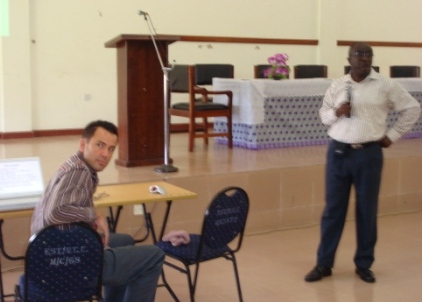
Exploring Meaningful Access from School level
Karakari Ababio: Ghana Education Service
This paper assesses progress made in improving access and equity in education in Ghana. It notes that even though school dropout is on the increase, very little effort has been made to address it. In addition, low retention rates at the primary level raises doubts about the achievement of EFA by 2015
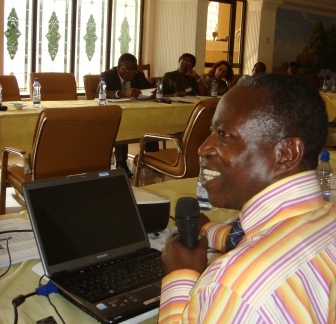
Issues from the 2008 Performance Report –Access and Equity
Prof. Keith Lewin
This presentation captures progress made by a number of developing countries in Africa and Asia in expanding access to schooling. It argues that while countries strive to achieve EFA by 2015 they need to have an expanded view of access.
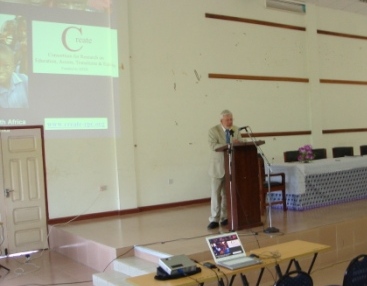
Regional Perspectives on Educational Access
Dr. Shireen Motala: Director, Institute of Education, WITS, EPU, Johannesburg, South Africa
This paper assesses schooling access in the context of South Africa and concludes that costs, schooling quality, teacher quality and morale are among factors that impede the achievement of meaningful access to schooling.
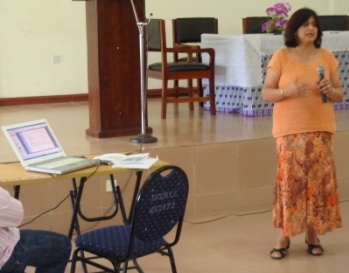
EFA AND ACCESS – THE SOUTH AFRICAN CASE STUDY
Prof. Pai Obanya: Former Director, UNESCO Regional Office for Education, Africa
The papers argues that the way forward for education in Africa lies in our historical past. It concludes that CREATE goes beyond physical access and suggests to all countries to embrace the CREATE agenda.
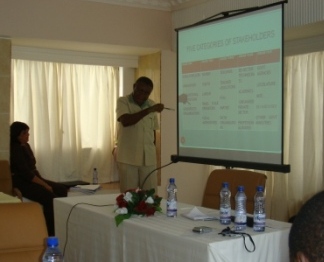
Prof. Angela Little: Institute of Education, University of London
The provision of education in sparsely populated areas using multi-grade teaching could be an efficient and effective way of providing access to those excluded. This paper examines the challenges and opportunities of using multi-grade teaching in Ghana.
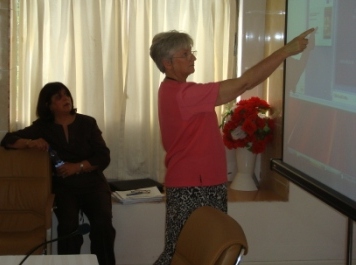
Multigrade Teaching: challenges and opportunities
Christine Adu-Yeboah: Lecturer and Doctoral student of Sussex University
The goal of this paper is to find out how and why children drop out of school before the age of 16 in a deprived district of Ghana. The study finds a number of at risk factors and critical events in the life of the child that lead to drop out.
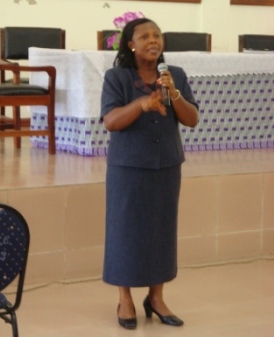
Mapping the incidence of school dropouts: A case study of selected communities in Northern Ghana
Gift Luxomo: Researcher, Institute of Education, WITS, EPU, Johannesburg, South Africa
This paper assesses the extent to which increased parental involvement in schooling leads to meaningful access. It finds that since choice is sometimes difficult, voice and participation of parents is needed for increased meaningful access.
